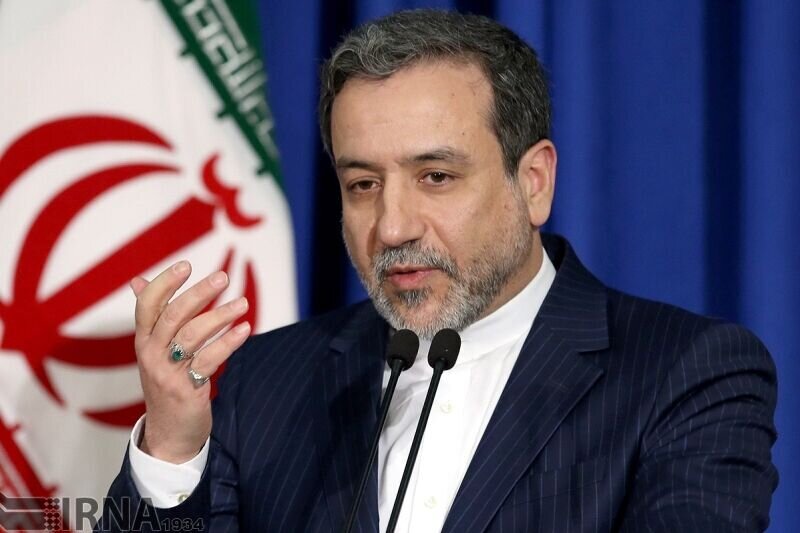Iran seeks to keep all channels open with Japan: Araghchi

TEHRAN - Deputy Foreign Minister Abbas Araghchi has said that Iran is aiming to strengthen its relationship with Japan, and keep all channels open the NHK said in a report on its website on Saturday.
Araghchi, who accompanied President Hassan Rouhani to Japan, said there are obstacles in the way of better ties between Iran and Japan.
The problem stems from "the unilateral, illegal sanctions by the United States, otherwise our relation is good," NHK quoted Araqchi as saying.
Araghchi also announced on Saturday that Tehran and Tokyo are resolved to continue their consultations over key international and regional issues more closely than ever.
Araqchi, who served as Tehran’s ambassador to Tokyo in the second half of the 2000s, said Iran has been continuously holding diplomatic talks with Japan but consultations between the countries are now of paramount importance as Iran has come under “unfair pressures and sanctions” by the United States.
“We have always had close diplomatic consultations with Japan. This year, due to the current developments, including the U.S. unfair pressures and sanctions on Iran, it was necessary to hold closer and tighter talks with Japan which are an old trade partner of Iran,” the deputy foreign minister remarked.
Rouhani met with Japanese Prime Minister Shinzo Abe in Tokyo on Friday. Rouhani said that he hopes Japan and other countries in the world will work hard to help preserve the 2015 nuclear agreement, officially known as the JCPOA.
Abe, for his part, said, “Japan would like to do its utmost to ease tensions and stabilize the situation in the Middle East.”
“As for Iran, I strongly hope the country will fully implement the nuclear agreement and play a constructive role for peace and stability in the region,” the Japanese prime minister noted.
Foreign Minister Mohammad Javad Zarif hailed the “substantive, friendly and frank” summit between Rouhani and Abe, saying the meeting aimed to strengthen ties between the two countries.
“Substantive, friendly and frank summit between President @HassanRouhani and Prime Minister @AbeShizo: further strengthening bilateral, regional and global cooperation,” Zarif tweeted on Friday.
Rouhani wrapped up his two-day visit to Japan on Saturday morning and flew for home. The visit was the first by an Iranian president in 19 years.
Talking to reporters at Mehrabad Airport in Tehran, Rouhani said he welcomed Japan’s decision not to join a U.S.-led naval mission in the Persian Gulf and said he had discussions on ways of “breaking” U.S. sanctions on his trip to Tokyo.
“Japan has announced it will not take part in the Americans’ plans for security in the region ... which is something we welcome,” Rouhani said.
“Japan is sending a surveillance vessel but not to the Persian Gulf and the Strait of Hormuz,” he said.
Rouhani also said his discussions in Japan included ways of “breaking” the U.S. sanctions.
“On breaking the sanctions, the Japanese had a new proposal and we also had a new proposal and we discussed this and it was decided to continue the consultations between the two countries on this issue,” Rouhani said, without giving details.
Following his meeting with Abe, Rouhani tweeted on Friday: “I welcome any effort that could boost economic exchanges, especially in the energy sector, and increase oil exports.”
According to Reuters, a Japanese official who gave a briefing to reporters said crude oil purchases were not discussed at the summit meeting. Japan was a leading buyer of Iranian oil for decades before the U.S.-led sanctions.
Japan, a U.S. ally maintaining friendly ties with Iran, is looking to launch its own naval operation rather than joining the U.S.-led mission to protect shipping in the region.
The planned Japanese operation is set to cover high seas in the Gulf of Oman, the northern Arabian Sea and the Gulf of Aden, but not the Strait of Hormuz.
NA/PA
Leave a Comment